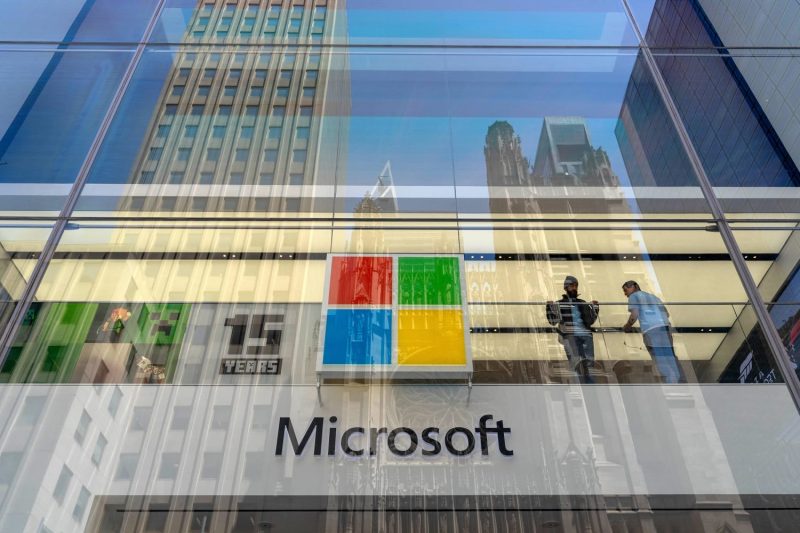The Federal Trade Commission (FTC) recently announced the commencement of a far-reaching antitrust investigation into Microsoft, marking a significant development within the tech industry. This move comes amid escalating concerns regarding the dominant market position held by tech giants and their potential to stifle competition and innovation. The investigation will focus on various aspects of Microsoft’s business practices, aiming to assess whether the company has engaged in anti-competitive behavior that violates US antitrust laws.
One of the key areas under scrutiny is Microsoft’s approach to mergers and acquisitions. The FTC is expected to delve into the company’s acquisition strategy, particularly concerning the purchase of smaller companies and startups. This scrutiny is driven by concerns that Microsoft may be acquiring potential competitors to maintain its market dominance, thereby limiting consumer choice and hindering market competition. By examining the impact of these acquisitions on competition within the tech industry, the FTC aims to determine whether Microsoft has gained an unfair advantage in the marketplace.
Moreover, the investigation will also assess Microsoft’s conduct in the realm of digital advertising, an area where the company has a significant market presence. The FTC will analyze whether Microsoft’s practices in the digital ad sector have undermined competition and harmed consumers. This scrutiny may shed light on any potential anti-competitive practices that could lead to the monopolization of the digital advertising market, posing a threat to fair competition and consumer welfare.
Furthermore, the antitrust investigation will delve into Microsoft’s licensing agreements and interoperability policies. These aspects are crucial for ensuring a level playing field in the tech industry, allowing for fair competition and innovation. By examining Microsoft’s licensing practices and their impact on third-party developers and competitors, the FTC aims to determine whether the company has imposed unfair restrictions that impede competition and innovation in the market.
As the investigation unfolds, it is likely to spark debates on the role of regulatory authorities in curbing anti-competitive practices within the tech industry. With tech giants exerting significant influence over various sectors of the economy, ensuring fair competition and protecting consumer interests have become paramount. The outcome of the FTC’s antitrust investigation into Microsoft could have far-reaching implications for the tech industry, setting a precedent for future regulatory actions aimed at safeguarding competition and fostering innovation.
In conclusion, the FTC’s broad antitrust investigation into Microsoft signals a renewed focus on addressing anti-competitive practices within the tech industry. By scrutinizing various aspects of Microsoft’s business operations, the investigation aims to determine whether the company has engaged in behavior that hampers competition and innovation. As regulatory authorities continue to monitor the activities of tech giants, the outcome of this investigation will serve as a litmus test for the enforcement of antitrust laws in the digital age.




























